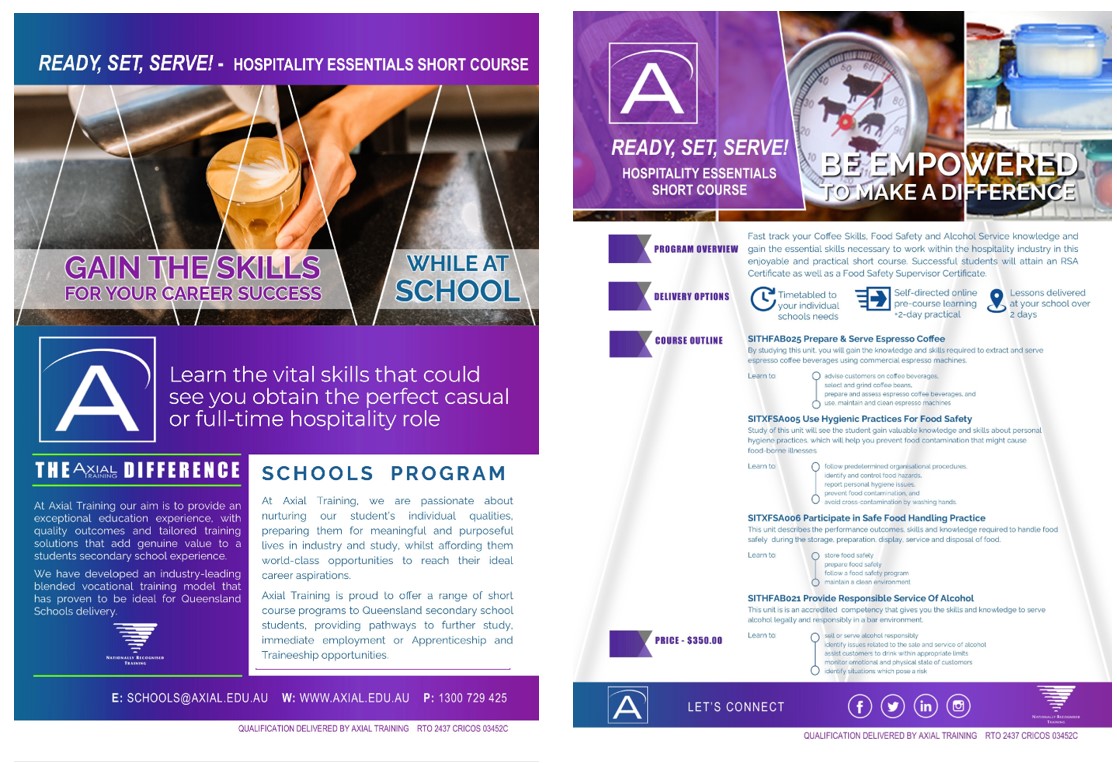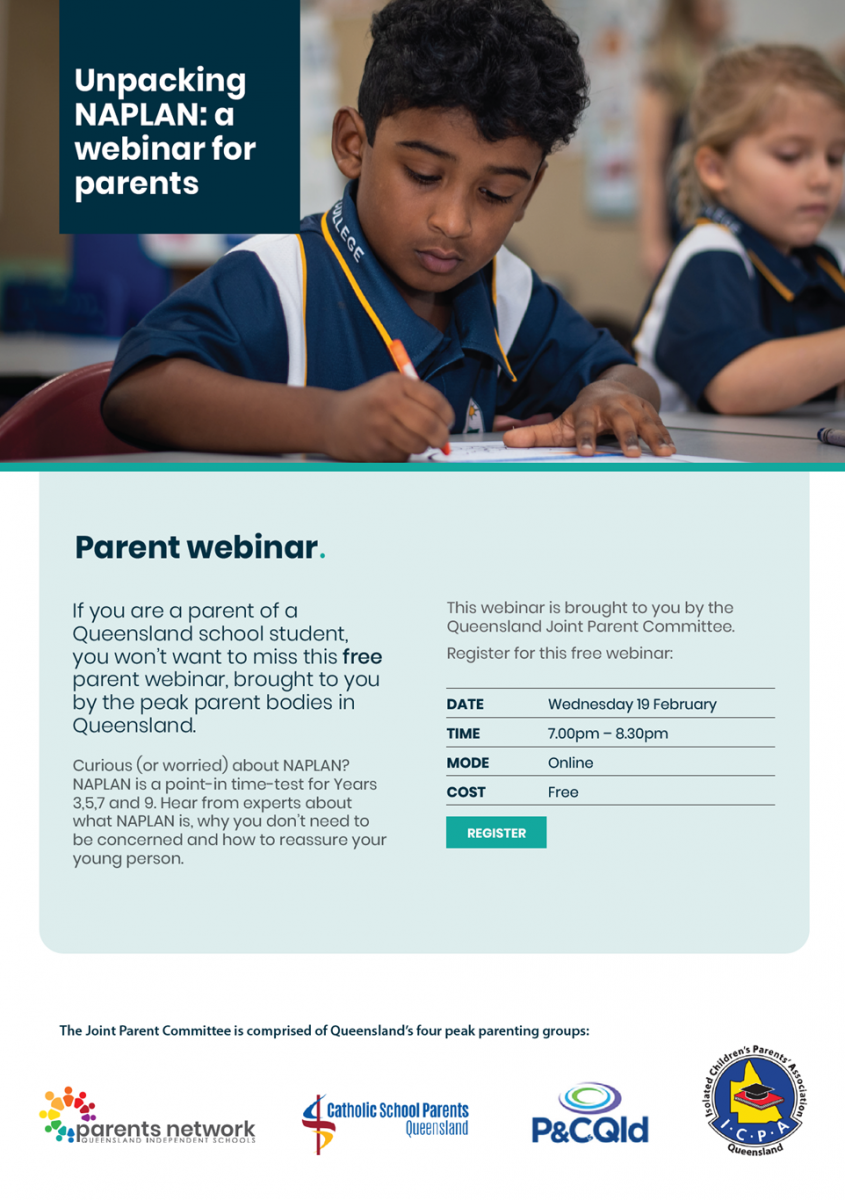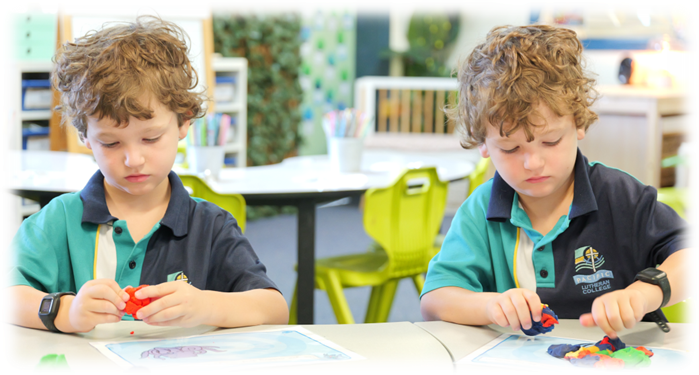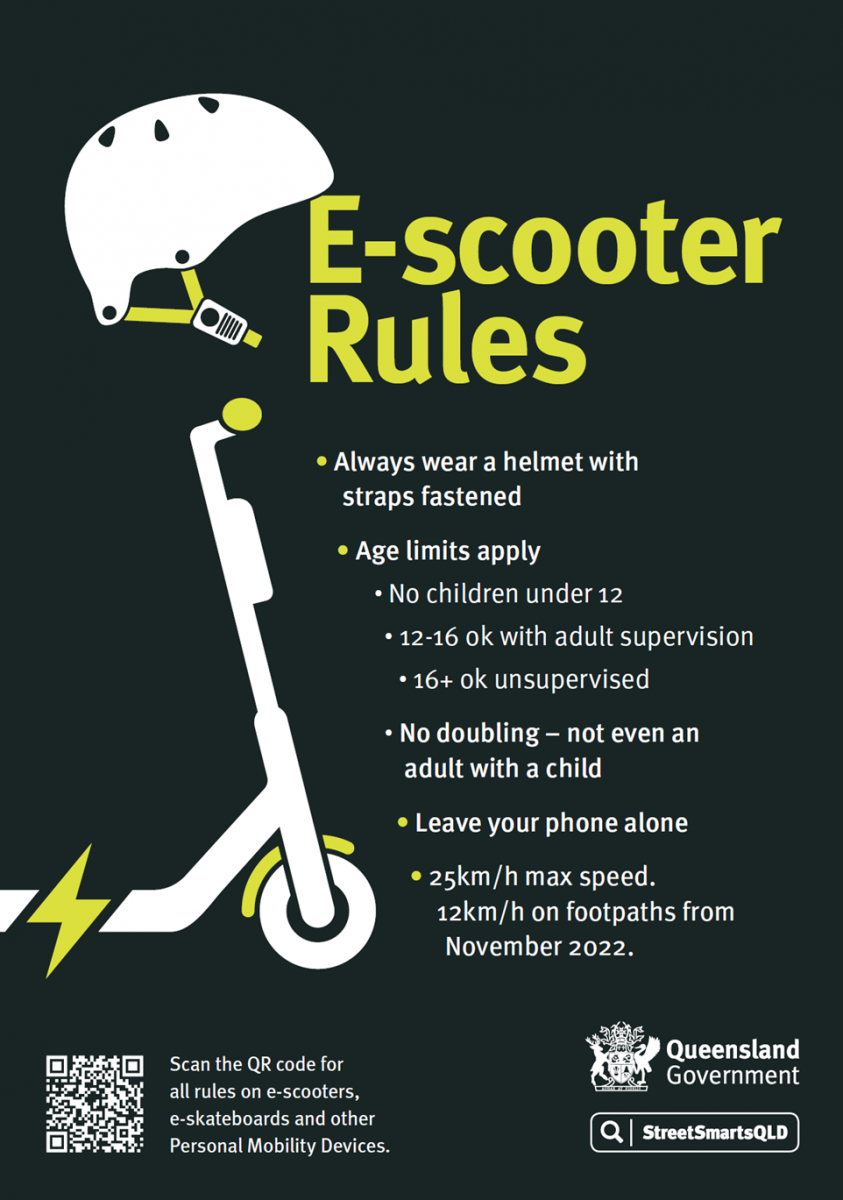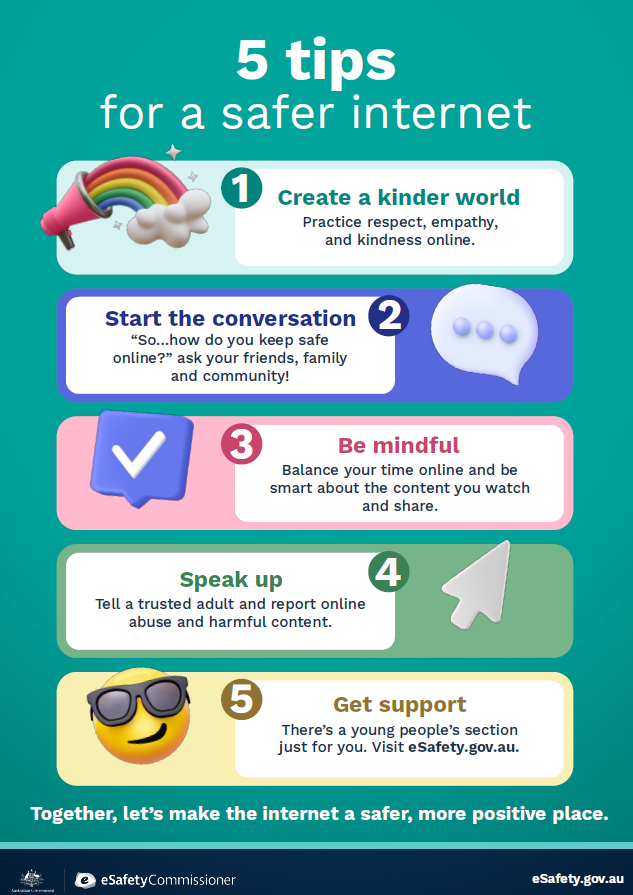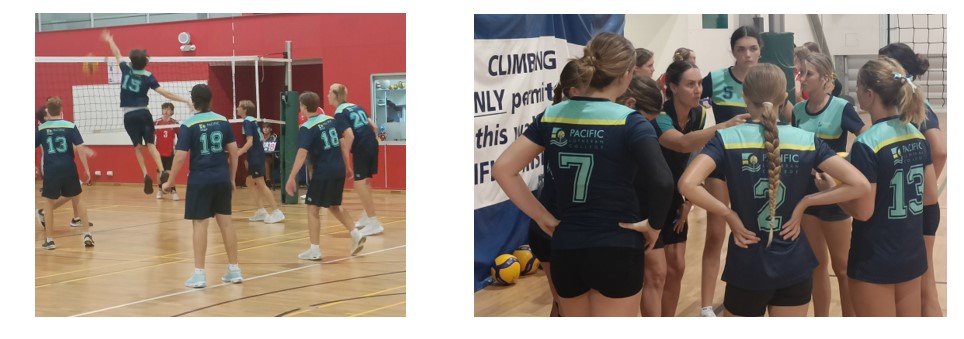Life can be busy and stressful, and it’s important for all of us - students, parents, and school staff- to take care of our mental and emotional health. Everyone faces challenges at times, whether it’s school stress, work pressure, or family concerns. By learning simple ways to manage these challenges, we can create a supportive environment where young people feel safe, understood, and are able to thrive.
What Are Coping Strategies?
Coping strategies are the tools we use to handle stress, worries, and difficult emotions. These can be simple things like taking deep breaths, talking to someone we trust, or taking a break to clear our minds. Just like physical health, mental wellbeing requires regular care, and different strategies work for different people. It may take some time to find what helps the most, but having a few go-to techniques can make a big difference in managing everyday challenges.
Effective Techniques to Enhance Wellbeing
1. Breathing Exercises: Focusing on natural, even breaths can signal to your brain that it's safe to relax. This simple practice can help reduce feelings of anxiety and promote a sense of calm.
2. Mindfulness: Engaging with your senses—such as listening to music, savouring a meal, or feeling the ground beneath your feet—can ground you in the present moment, helping to break cycles of worry.
3. Creative Expression: Activities like drawing, writing, dancing, or playing music allow for emotional expression and can be therapeutic, providing an outlet for processing feelings.
4. Imaginative Play: Using imagination to visualize positive scenarios or outcomes can shift focus away from stressors and foster a more optimistic mindset.
5. Cognitive Engagement: Challenging your mind through puzzles, reading, or learning new skills can divert attention from negative thoughts and promote mental agility.
6. Open Communication: Talking about your feelings with trusted friends, family members, or counsellors can provide support and new perspectives, making challenges feel more manageable.
The Role of Our School Community
Fostering a supportive environment for social and emotional wellbeing requires a shared commitment from parents, staff, and students. Parents and College staff play a vital role in modelling healthy coping strategies, demonstrating resilience, and maintaining open lines of communication with young people. By openly discussing emotions, normalizing challenges, and encouraging problem-solving, adults can create a safe space for students to express their feelings. Meanwhile, students can contribute by supporting one another, building inclusive friendships, and practicing empathy. Together, we can create a community where everyone feels valued, heard, and supported.
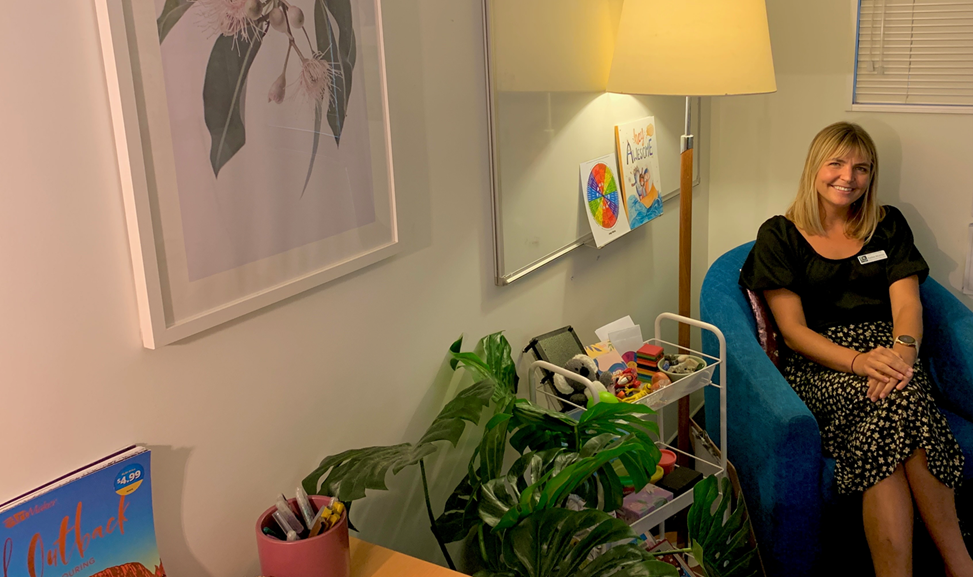
Your Counsellors – A Welcoming Space
At Pacific Lutheran College, our counselling offices are designed to be welcoming, comfortable spaces where students can feel at ease. Whether you need support with school stress, friendships, family concerns, or just want to talk something through, we are here to listen.
Counselling isn’t just for times of crisis—it’s a space for anyone who wants to check in, gain new strategies, or simply have a chat. No problem is too big or too small. If something is on your mind, know that you don’t have to navigate it alone.
Take a look at some of our offices and the counselling team in this article—we’re here for you!

Mr Brendan Macaulay, Head of Student Support, Mrs Kelsie Munroe, Middle Years Counsellor and Mrs Sara Taverner, Learning Enrichment P -5 & Counsellor









